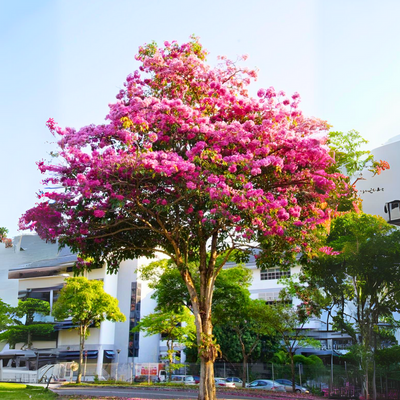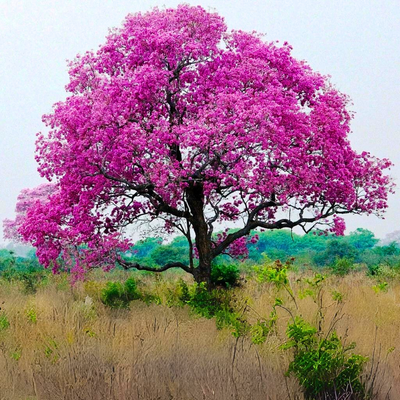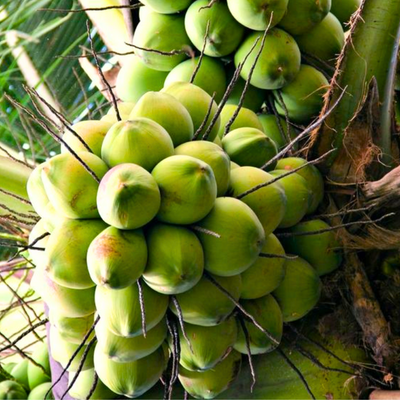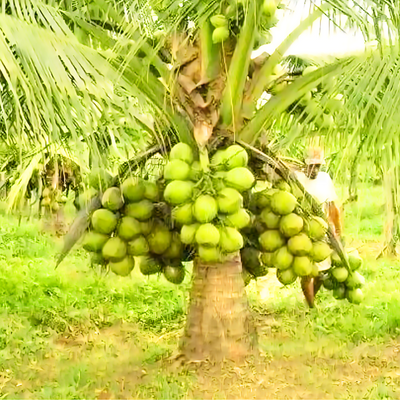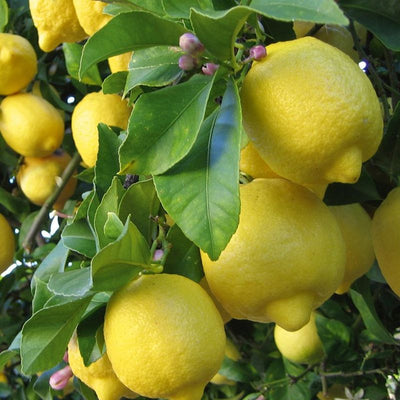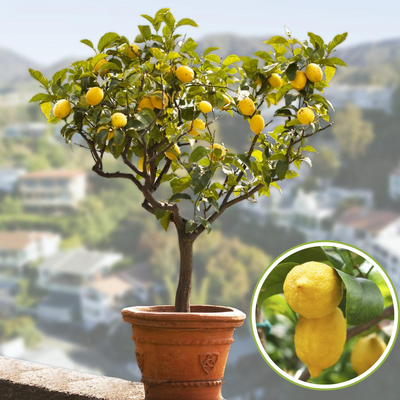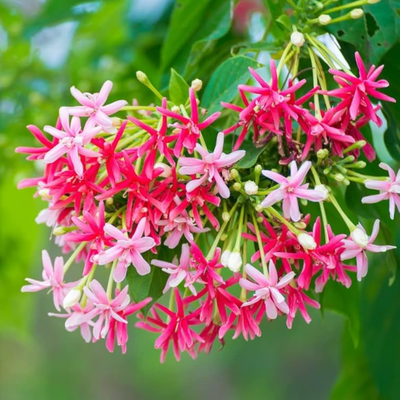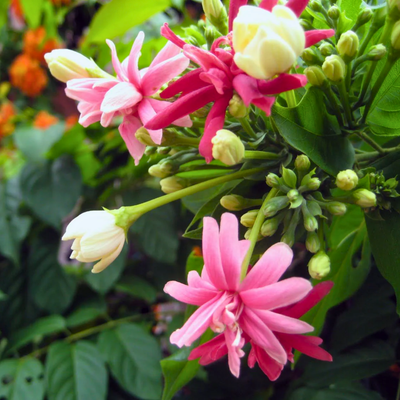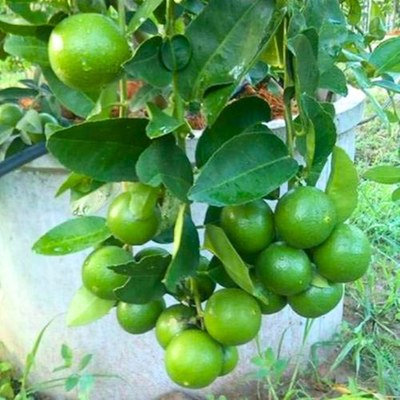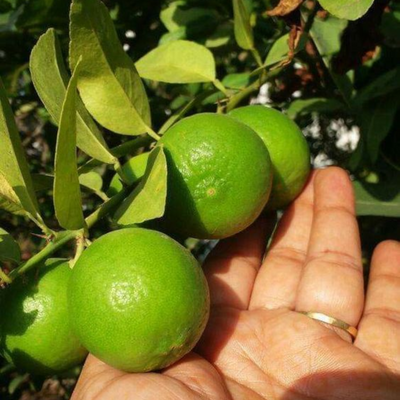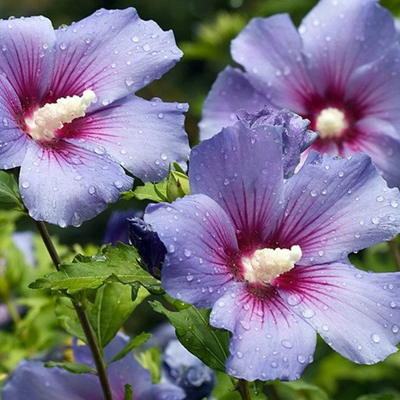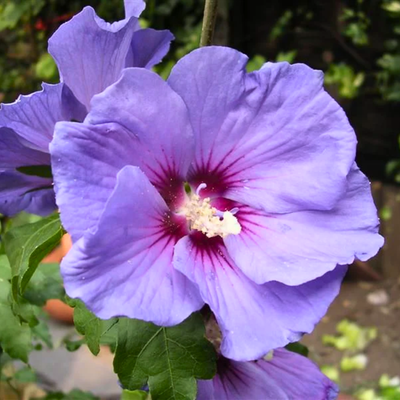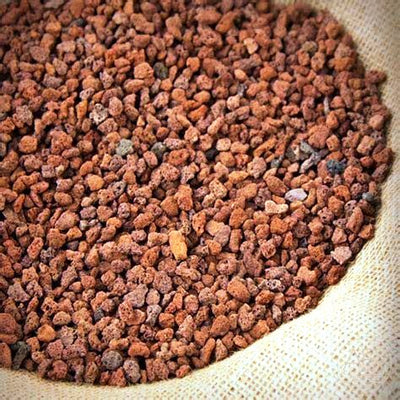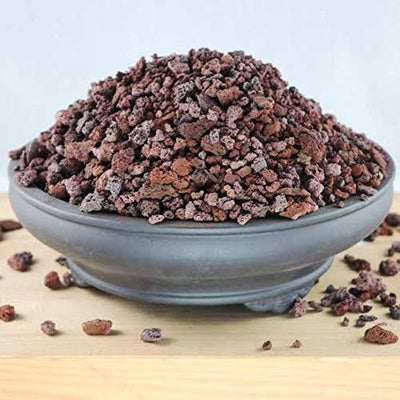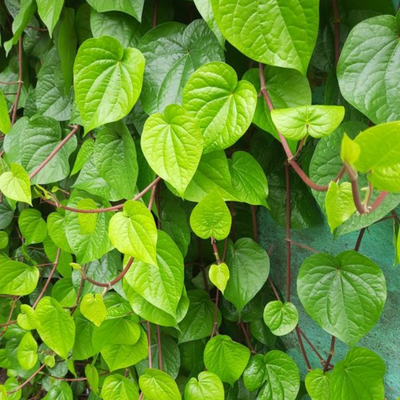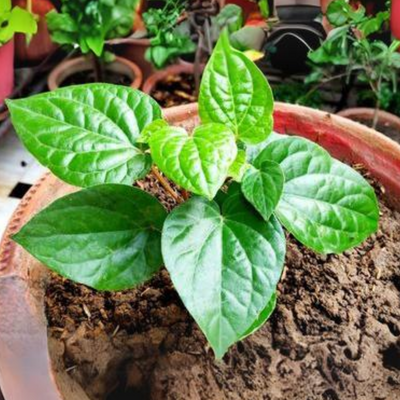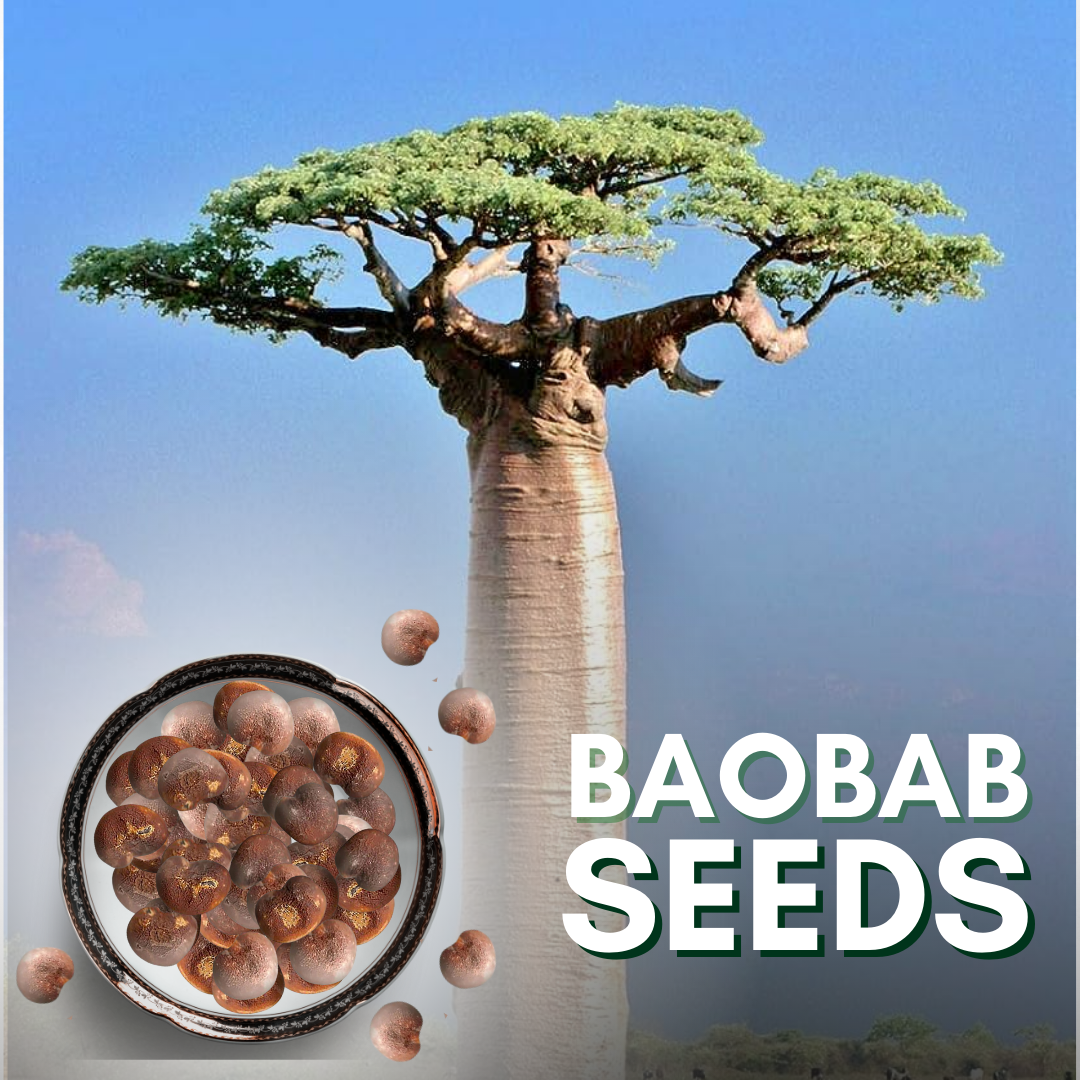
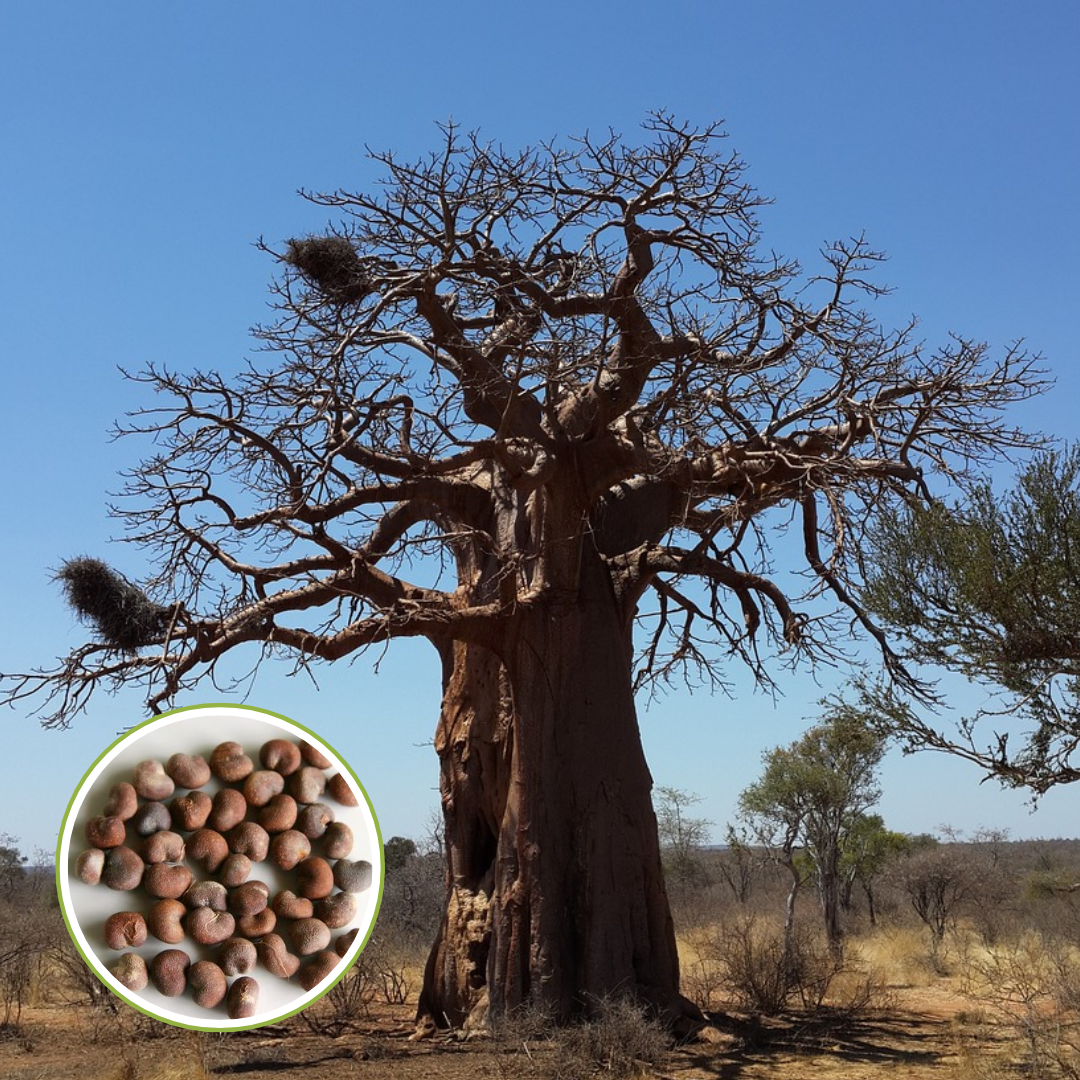
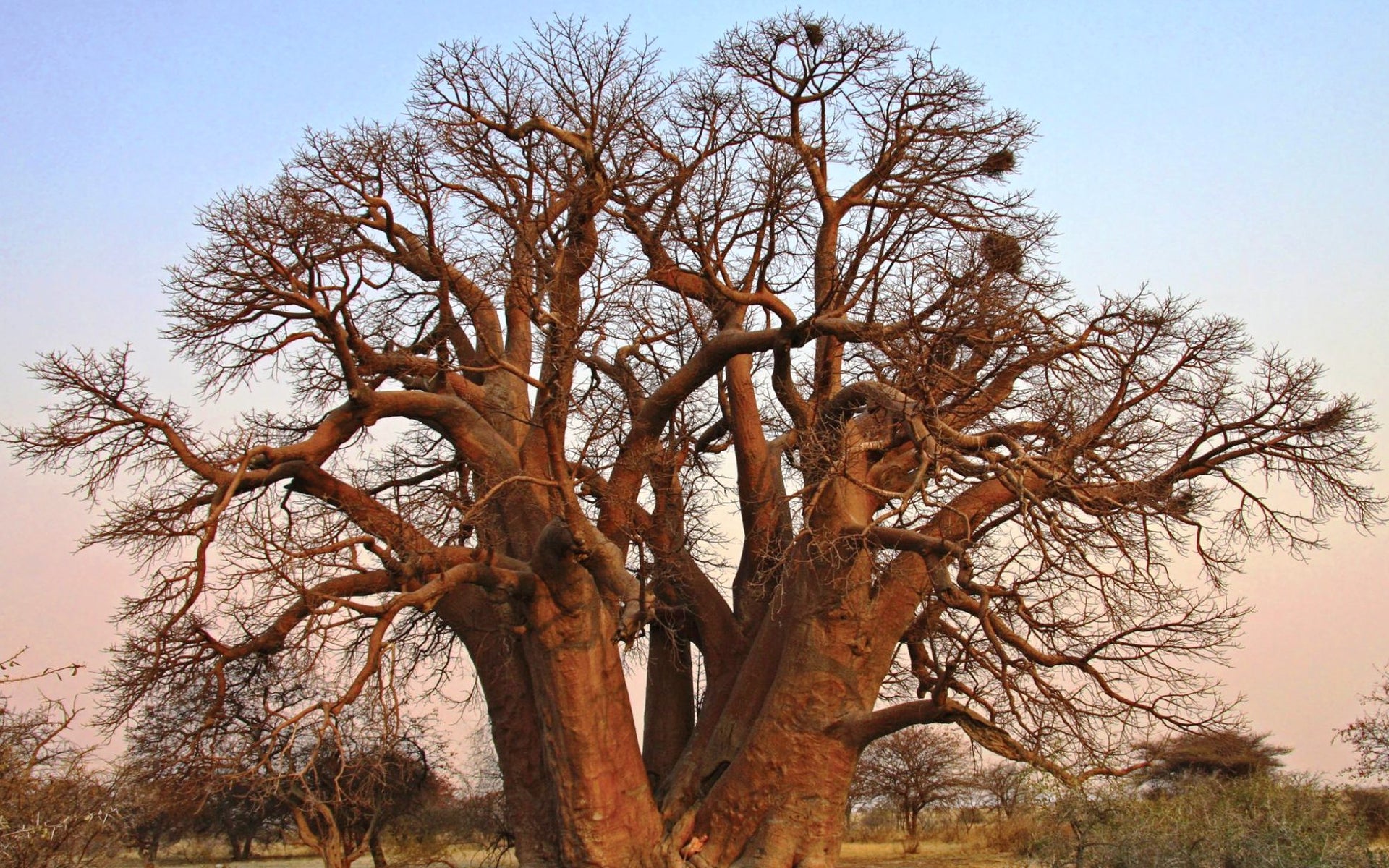
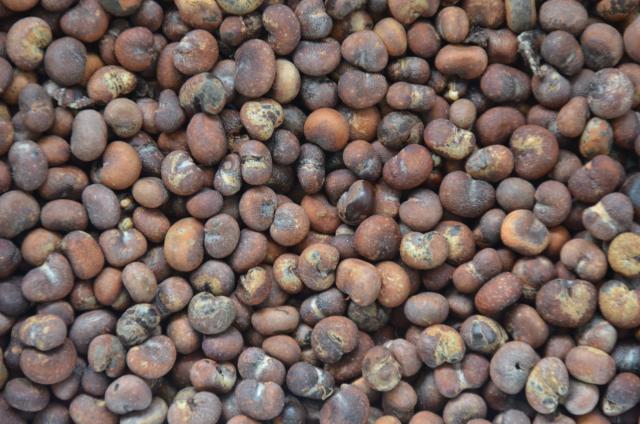
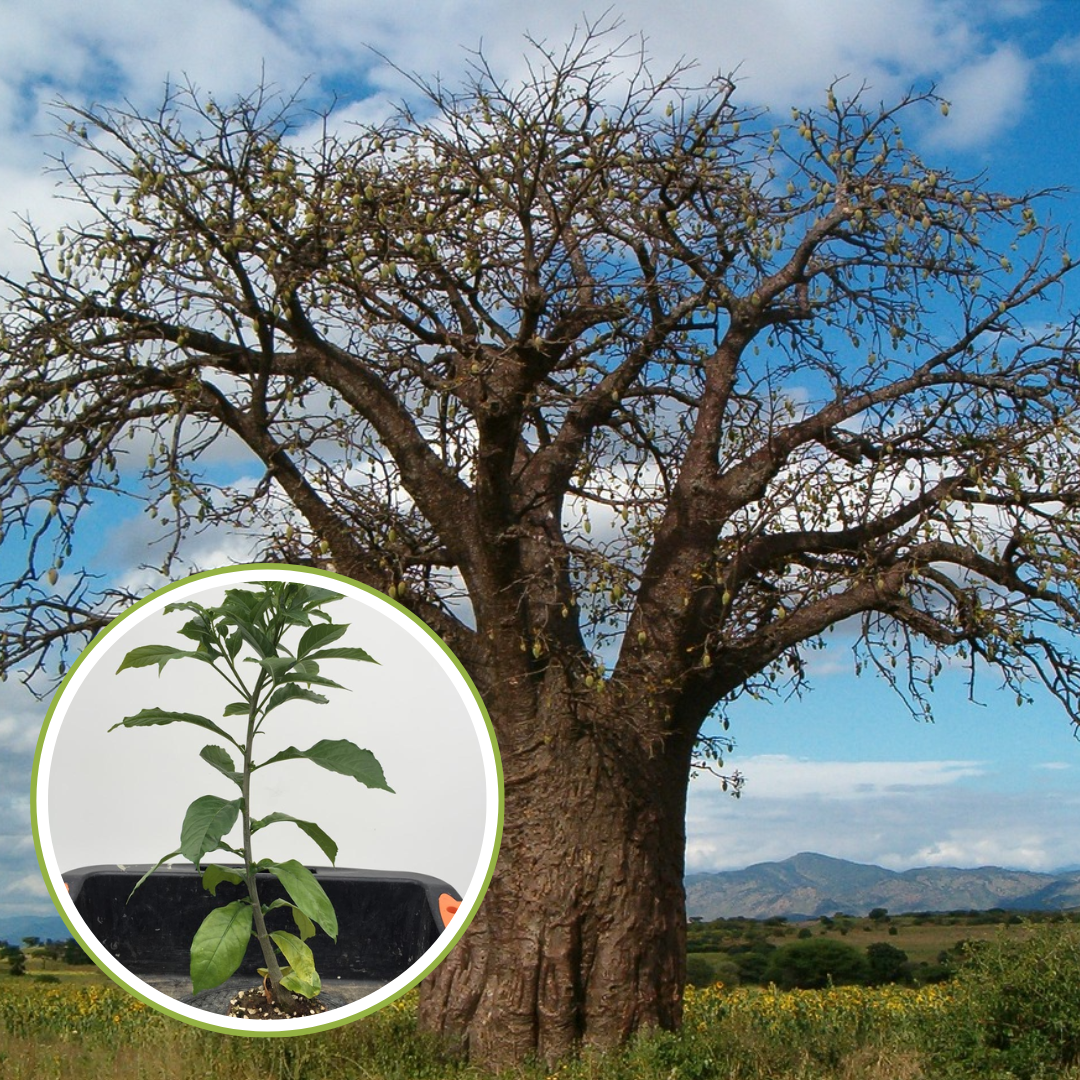
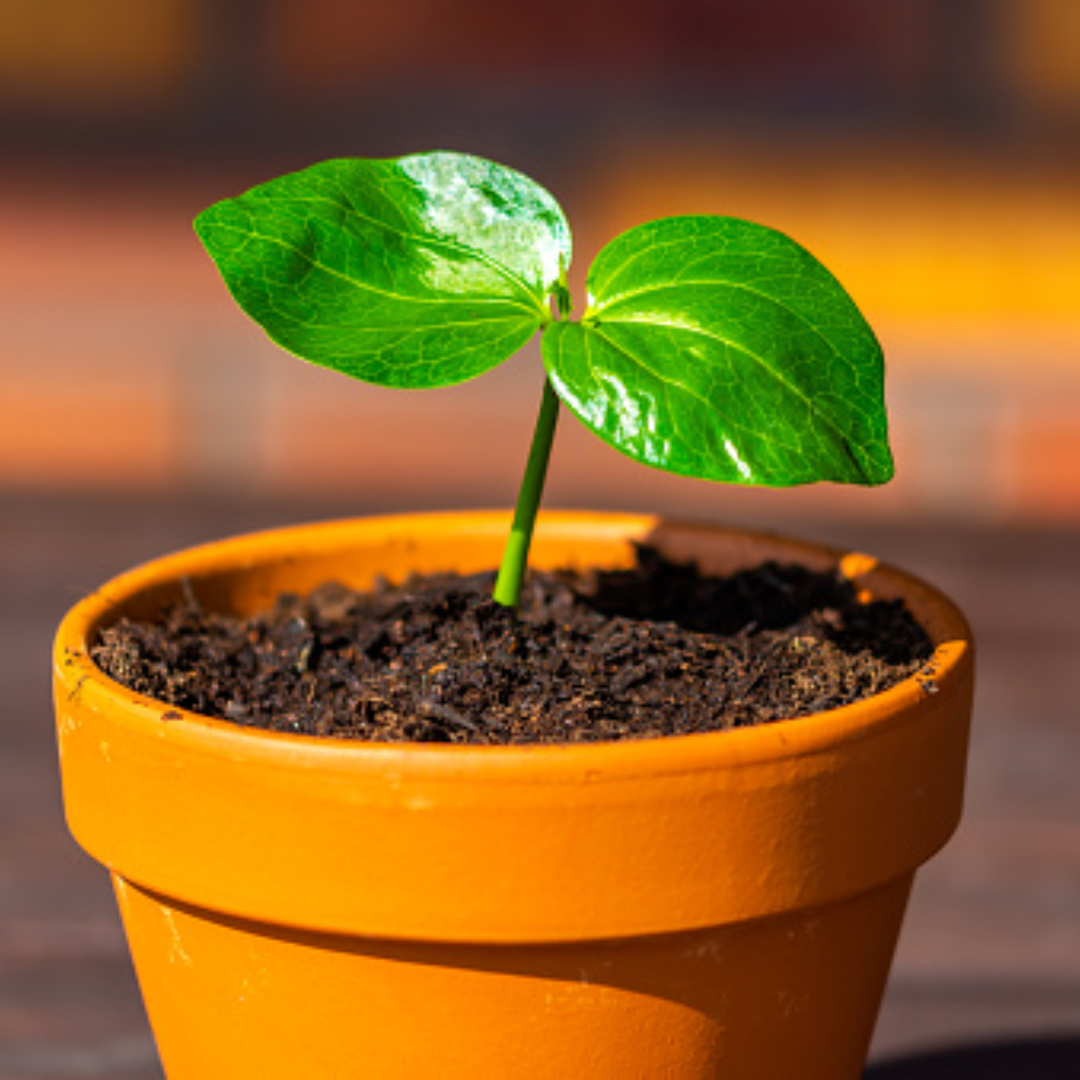
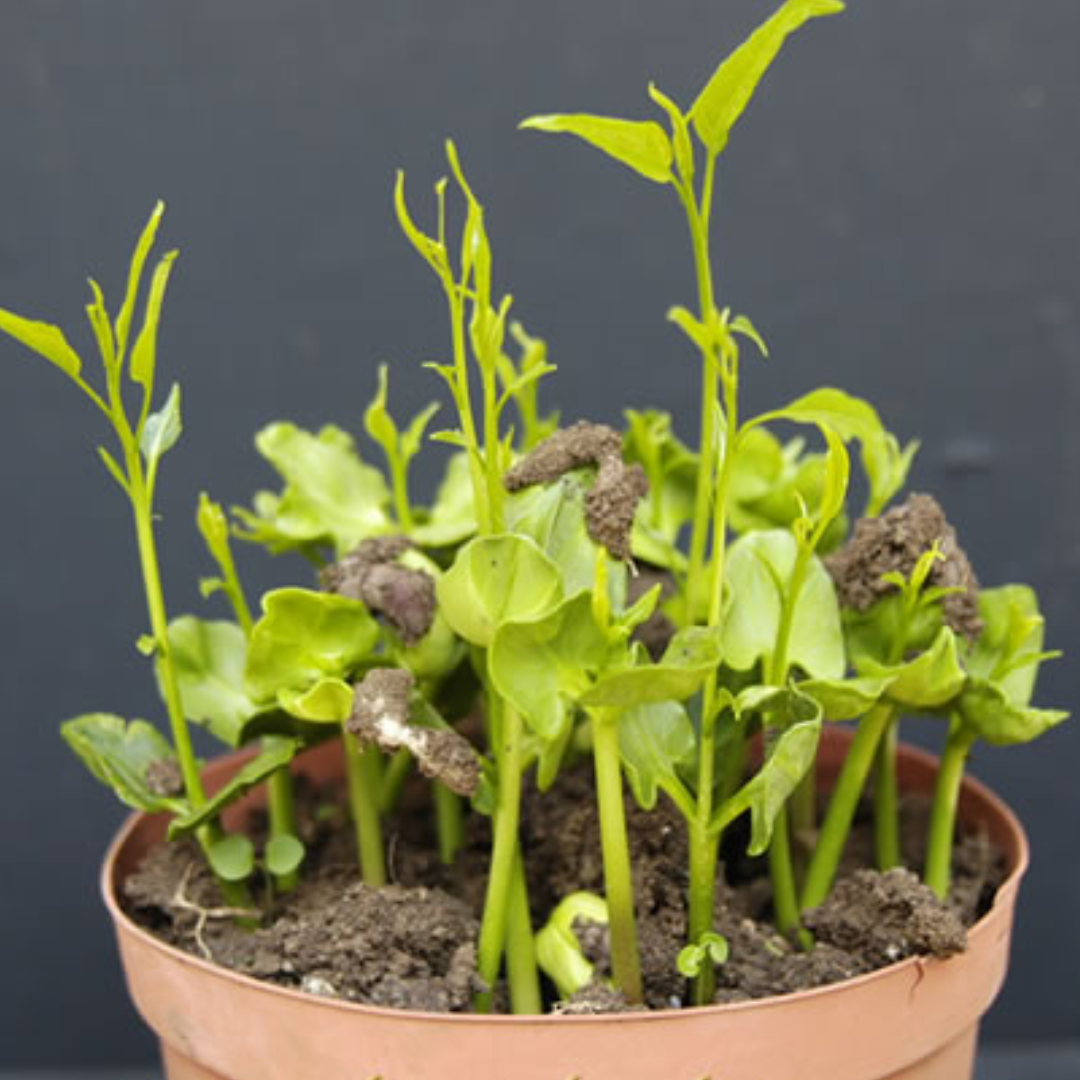
African Rare Baobab Seeds (Pack Of 15 Seeds) Bonsai Suitable High Quality seeds
Guaranteed Safe Checkout
Green Paradise Offers Beautiful Baobab Seeds
About The Baobab Tree
The baobab is the characteristic tree species of the dry savanna of the African lowlands south of the Sahara. It can grow 20 m (65ft) tall and develops a very massive, sometimes bottle-shaped trunk For bonsai, the baobab is a very interesting species that is not difficult to care for if its basic needs are fulfilled. As a pot plant or bonsai tree, the baobab grows slowly and it can Be Your Friend Forever. These Seeds Are High Quality Specially Selected For High Germination. method to grow: soak the seeds in water For 2 days then take a container, preferably about eight inches deep, and fill it with mixed media that is half organic potting soil and half sand. Humus works in place of sand as well, but when it’s time to transplant a sandier media is preferred for adequate drainage. Remember, baobabs enjoy dry, sandy soil. Organic potting soil and humus/sand can be purchased at your local home and garden supplier. Big box stores like Home Depot, Lowes, and Wal-Mart should supply these as well. 5. Once the seeds are scarified and the media is prepared. Bury the seeds in the soil at about an inch in depth. Space the planted seeds about 4 inches apart. 6. Place the sowed seeds by a window receiving moderate light with a constant temperature of 60-70° F. Do not cover the top of the container and avoid excess humidity. 7. Water the seeds by touch, when the soil feels slightly wet. Avoid overwatering and do not let the water stand by allowing adequate drainage. 8. Now for the waiting game. The seeds should germinate after about ten weeks. Keep watering the seedlings this whole time (see step 7). 9. When the seedlings sprout and reach a height of about four inches, transplant them into a new soil media containing half organic potting soil and half sand. 10. Congratulations! If you have reached this step, you have successfully propagated an African Baobab by seed. Enjoy it as an indoor plant, bonsai tree, or even an outdoor gem if your local climate is right.
Baobab seeds refer to the seeds of the baobab tree (Adansonia species), which are known for their nutritional and medicinal properties. Baobab trees are native to Africa, and their seeds have been used by indigenous communities for various purposes for centuries.
Here are some key features and uses of baobab seeds:
Nutritional value:
Baobab seeds are a rich source of nutrients. They contain essential fatty acids, including omega-3, omega-6, and omega-9. They are also high in protein, fiber, and minerals such as calcium, magnesium, and potassium. Additionally, baobab seeds are known for their antioxidant content, including vitamin C.
Culinary uses:
Baobab seeds can be consumed in various ways. They can be roasted and eaten as a snack, similar to nuts or seeds. The roasted seeds have a slightly tangy and citrus-like flavor. Baobab seed powder, derived from ground baobab seeds, is used as a nutritious ingredient in smoothies, beverages, baked goods, and other food preparations.
Medicinal properties:
Baobab seeds have been traditionally used in African folk medicine for their potential health benefits. They are believed to have anti-inflammatory properties and may aid digestion, support immune function, and promote healthy skin. However, scientific research on the specific health effects of baobab seeds is still limited.
Oil extraction:
Baobab seeds can be pressed to extract oil. Baobab seed oil is rich in essential fatty acids and vitamins, making it beneficial for the skin and hair. It is used in cosmetic products, including moisturizers, lotions, and hair care formulations, for its nourishing and hydrating properties.
Conservation and cultivation:
Baobab trees are known for their iconic and massive trunks, and they are often referred to as "upside-down trees" due to their distinctive appearance. Unfortunately, some baobab species are facing threats such as habitat loss and climate change. Efforts are being made to conserve and sustainably cultivate baobab trees for their ecological importance and economic potential.
It's worth noting that the use and availability of baobab seeds may vary in different regions. If you're interested in consuming or using baobab seeds, it's advisable to obtain them from reputable sources and consult local guidelines or experts regarding their safe consumption and potential health benefits.



